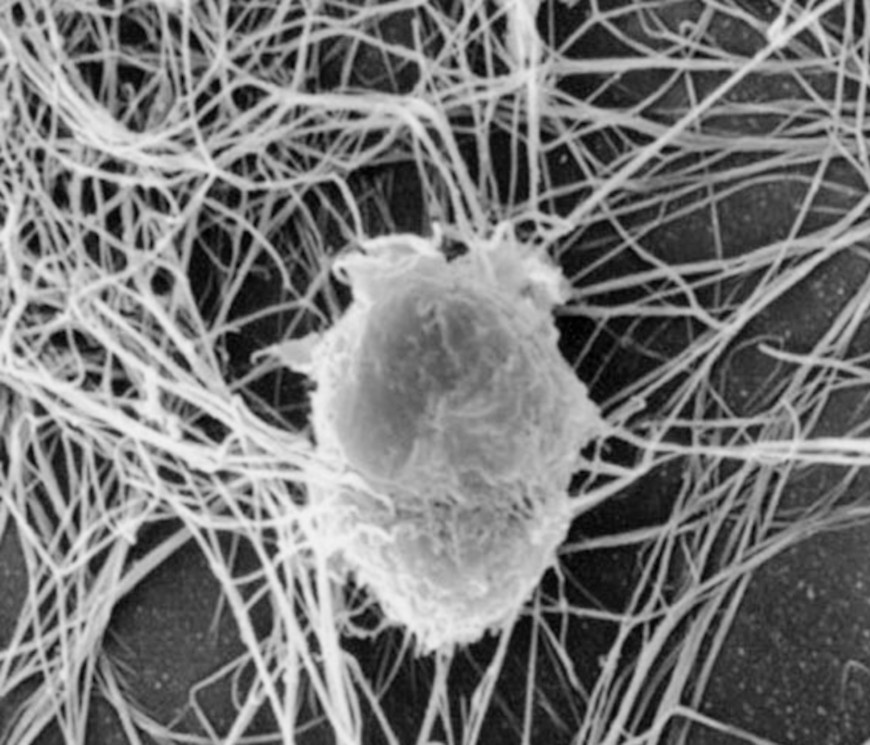Ipertermia ed immunomodulazione
Nuove acquisizioni sulla immunostimolazione da ipertermia
 Ulteriori evidenze sulla potente e specifica attività immunomodulante dell'ipertermia in ambito oncologico.
Ulteriori evidenze sulla potente e specifica attività immunomodulante dell'ipertermia in ambito oncologico.
Dr. Carlo Pastore
Int J Hyperthermia. 2012 Jun 12. [Epub ahead of print]
Old and new facts about hyperthermia-induced modulations of the immune system.
Frey B, Weiss EM, Rubner Y, Wunderlich R, Ott OJ, Sauer R, Fietkau R, Gaipl US.
Source
Department of Radiation Oncology, University Hospital Erlangen, Friedrich-Alexander University of Erlangen-Nürnberg , Germany.
Abstract
Hyperthermia (HT) is a potent sensitiser for radiotherapy (RT) and chemotherapy (CT) and has been proven to modulate directly or indirectly cells of the innate and adaptive immune system. We will focus in this article on how anti-tumour immunity can be induced by HT. In contrast to some in vitro assays, in vivo examinations showed that natural killer cells and phagocytes like granulocytes are directly activated against the tumour by HT. Since heat also activates dendritic cells (DCs), HT should be combined with further death stimuli (RT, CT or immune therapy) to allocate tumour antigen, derived from, for example, necrotic tumour cells, for uptake by DCs. We will outline that induction of immunogenic tumour cells and direct tumour cell killing by HT in combination with other therapies contributes to immune activation against the tumour. Studies will be presented showing that non-beneficial effects of HT on immune cells are mostly timely restricted. A special focus is set on immune activation mediated by extracellular present heat shock proteins (HSPs) carrying tumour antigens and further danger signals released by dying tumour cells. Local HT treatment in addition to further stress stimuli exerts abscopal effects and might be considered as in situ tumour vaccination. An increased natural killer (NK) cell activity, lymphocyte infiltration and HSP-mediated induction of immunogenic tumour cells have been observed in patients. Treatments with the addition of HT therefore can be considered as a personalised cancer treatment approach by specifically activating the immune system against the individual unique tumour.